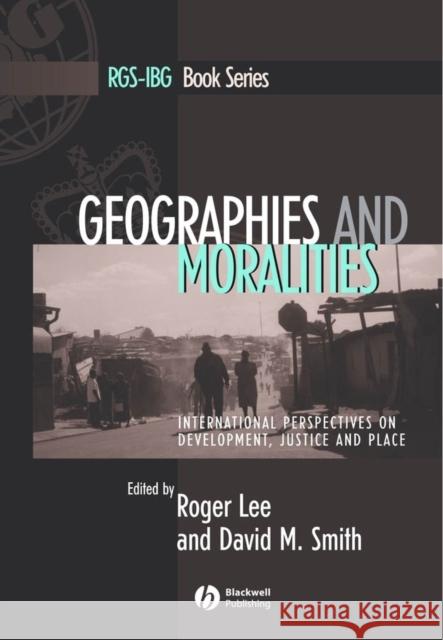Geographies and Moralities: International Perspectives on Development, Justice and Place » książka
topmenu
Geographies and Moralities: International Perspectives on Development, Justice and Place
ISBN-13: 9781405116374 / Angielski / Miękka / 2004 / 336 str.
Geographies and Moralities: International Perspectives on Development, Justice and Place
ISBN-13: 9781405116374 / Angielski / Miękka / 2004 / 336 str.
cena 128,57
(netto: 122,45 VAT: 5%)
Najniższa cena z 30 dni: 127,26
(netto: 122,45 VAT: 5%)
Najniższa cena z 30 dni: 127,26
Termin realizacji zamówienia:
ok. 30 dni roboczych.
ok. 30 dni roboczych.
Darmowa dostawa!
This topical book addresses contemporary concern with the interconnections between geography and morality.
- Covers both the geographical context of morality, and moralities in geographical methods and practices.
- Contains up-to-date case studies based on original research.
- Deals with controversial issues, such as problems of globalization, European integration, human rights in Nigeria, territorial conflict in Israel, and land reform in post-apartheid South Africa.
- The editors are well-published leading international authorities.
- The contributors are drawn from Australia, Eastern Europe, Israel, South Africa, the UK and the US.











